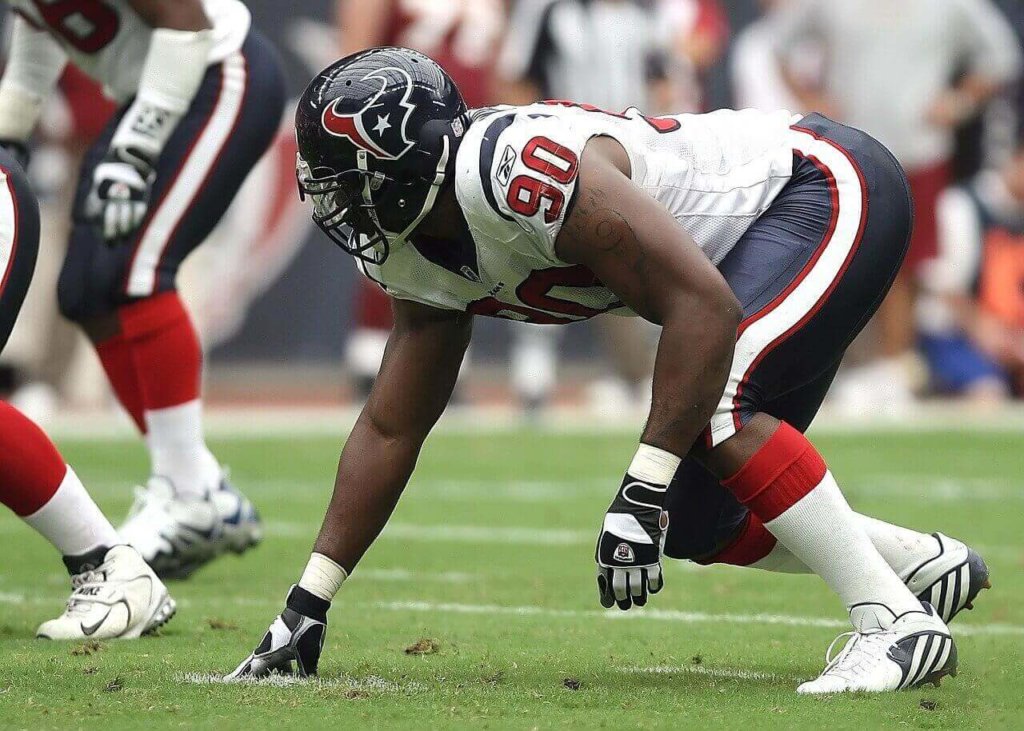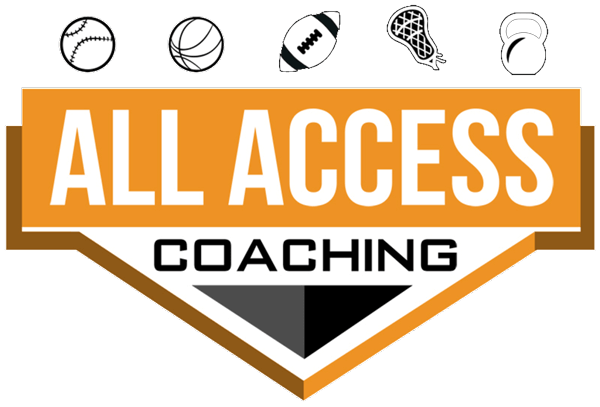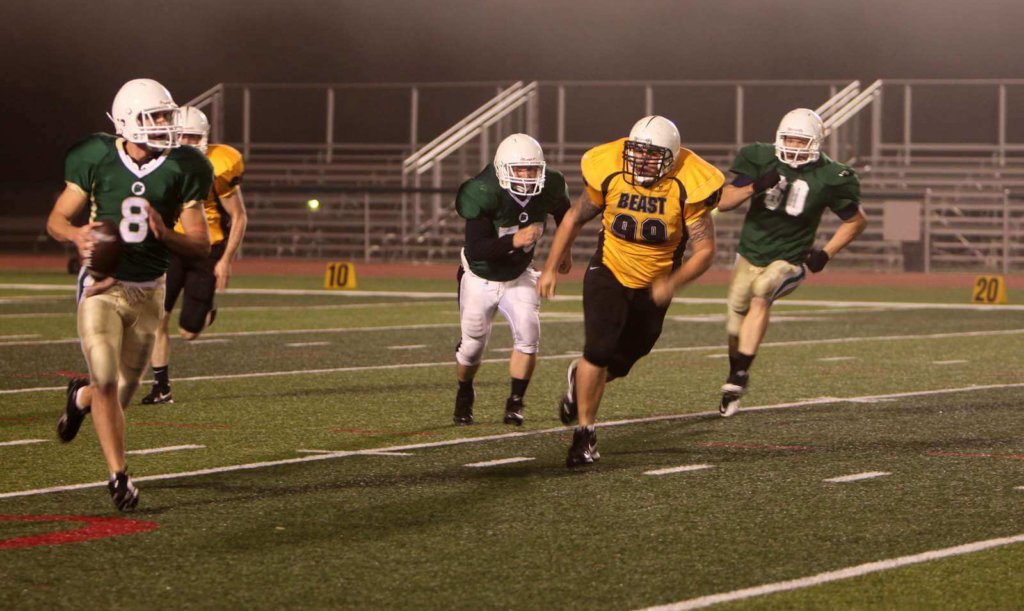Make Sure Your Athletes are Eating Right

I want to share with you the following document that we have used to explain football nutrition to our players.
There is some information near the end about what a player should do in season, but this document is a good reminder as we enter the off-season.
I know this isn’t Spread football, but you can’t run 4 Verts if you’ve got unhealthy athletes!
Nutrition for the Athlete:
It is very important not to overlook the role nutrition plays m acquiring maximum physical development. What you put on a daily basis help determine you body fat levels as well as how much energy you have for intense, rigorous exercise.
Whether you are trying gain muscle, reduce body fat, or maintain your current stature – it is very important you follow these basic dietary recommendations:
- A balanced diet consists of approximately 60-65% carbohydrates. 15-20% fat and 10-15% protein
- Eat a variety of healthy foods (fruits, vegetables, whole grans, etc.) LIMIT your intake of fat, sugar, and sodium.
- Drink plenty of WATER!
- Eat 5-7 “smaller” meals throughout the day (size of meal depends on actual goal: weight loss vs. Weight gain).
Fluid and Nutritional Goals for Athlete:
It is extremely important to be well hydrated, especially during the summer teat. Athlete performance can decrease dramatically when the body is low on water. You should aim to drink on a set schedule, don’t wait until you are thirsty. Put water in your mouth, not on your head!
- Drink 16 oz. of fluid 2 horns before competition.
- Drink 8 oz. 15 minutes prior to competition.
- Drink dining the event (at least 8 oz. every 20 minutes)
- Drink 24 oz. per pound of bodyweight lost.
- Consume adequate calories to meet growth and development needs as well as the extra needs of intense training.
- Try and get most of your nutrients from “real” food and don’t look for supplements as a cure all.
- Adopt heath eating habits that will last you a lifetime. Don’t bother with a ‘quick fix” or a temporary diet. If you are on a diet temporarily, then the results will only be temporary at best as well!
- Design a meal pattern that fit your daily cycle and plan to eat several times per day using regularly spaced meals and snacks to meet your caloric arid nutrient needs.
- Eat a diet rich in complex carbohydrates to provide the energy source to fuel your intense training and competition.
- Try and consume a variety of food types (fruits, vegetables, whole- grains. etc.) as your best insurance for getting the necessary vitamins and minerals you need to maintain health.
Pre-Game Ruler:
- Eat lightly before competition.
- Eat complex carbs and Limit protein and fat intake (they are much slower to digest).
- Avoid “bulky” foods that may weigh you down.
- Eat slowly and chew well to avoid indigestion.
- Drink sufficient amounts of water (see above for fluid requirements}.
- Avoid drastic changes to your normal diet routine immediately prior to competition.
Post-Game Rules:
- Consume carbohydrate rich foods and beverages as soon as possible after competition. They will replenish glycogen stores quickly.
- Replace fluids that have been lost (see above for fluid requirements).
- Replace any potassium or sodium that has been lost during competition ox training. Fruits, vegetables, and salty foods are excellent for this.
- Return to your normal diet as soon as possible following the post game meal.
Coach, if you have any other ideas about football nutrition, let me know your thoughts.




Responses